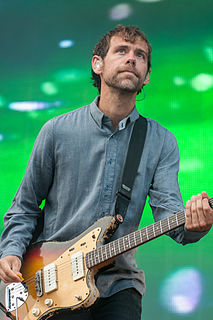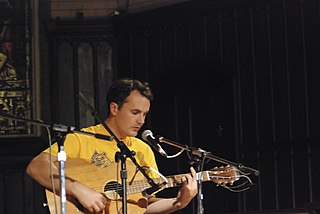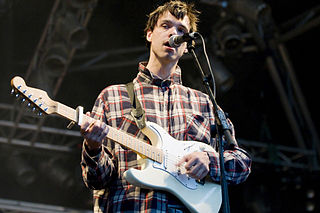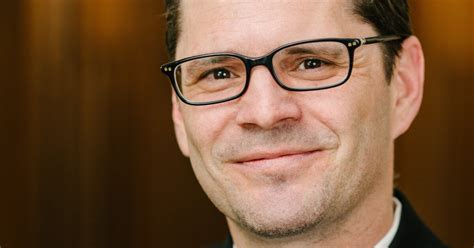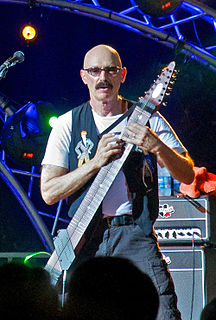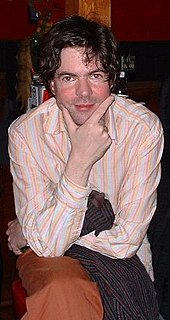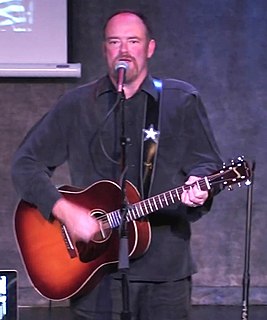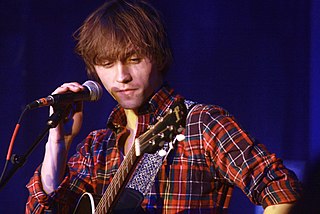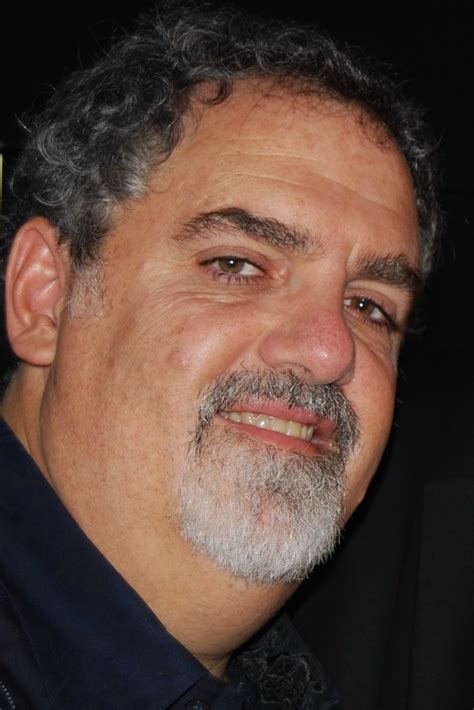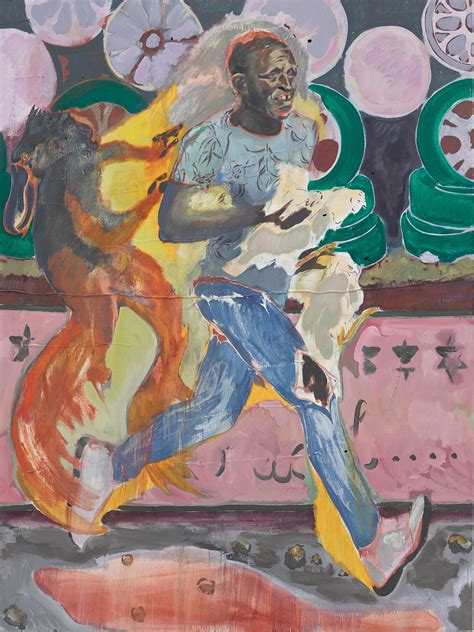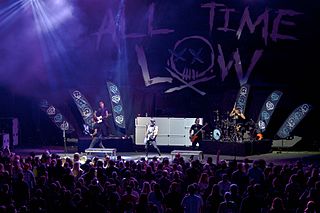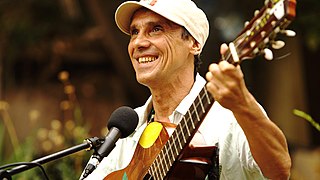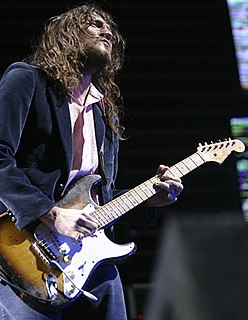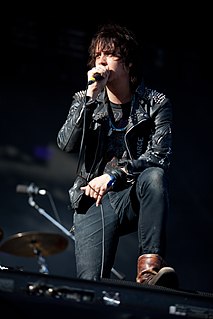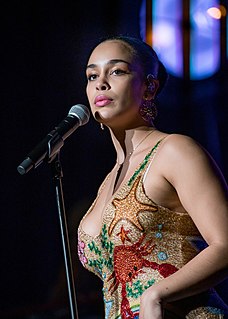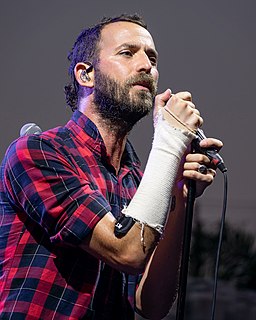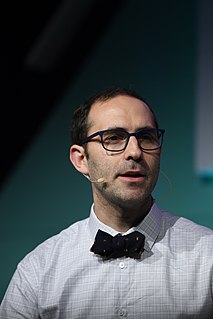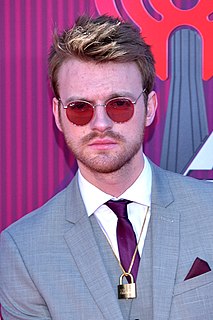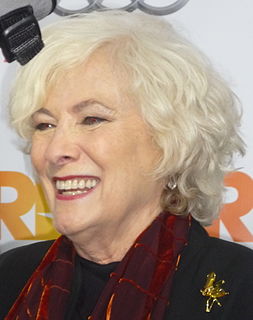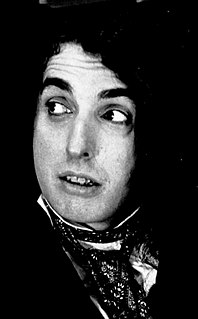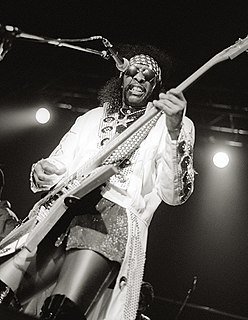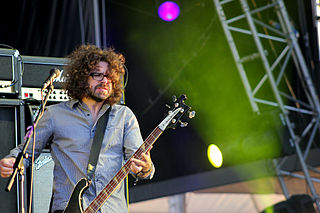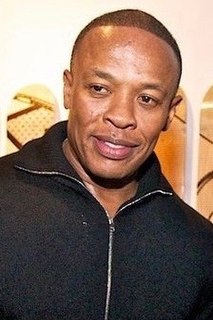Top 1200 Recording Quotes & Sayings
Explore popular Recording quotes.
Last updated on April 14, 2025.
WARNING: The following is a transcript of a digital recording. In certain places, the audio quality was poor, so some words and phrases represent the author's best guesses. Where possible, illustrations of important symbols mentioned in the recording have been added. Background noises such as scuffling, hitting, and cursing by the two speakers have not been transcribed The author makes no claims for the authenticity of the recording. It seems impossible that the two young narrators are telling the truth, but you, the reader, must decide for yourself.
There is only one thing a writer can write about: what is in front of his senses at the moment of writing... I am a recording instrument... I do not presume to impose "story" "plot" "continuity"... Insofar as I succeed in Direct recording of certain areas of psychic process I may have limited function... I am not an entertainer.
What’s happened is that, almost overnight, we’ve switched from democracy in real-property recording to oligarchy in real-property recording. There was no court case behind this, no statute from Congress or the state legislatures. It was accomplished in a private corporate decision. The banks just did it.
If you're recording the song on your four-track in your kitchen, when you finished writing the song, you're recording, and it's cool, and honor that. And maybe that's the version that should be released. And if you're recording the song again, it shouldn't be because there's a version you love that you're chasing. It should be because "You know what? I made a recording, but I don't love it emotionally." So, okay, then record again. And be in it and take advantage of the buzz and energy of "I'm getting to record right now!" It's such a beautiful and cool privilege.
Artists should re-emphasize performance and de-emphasize recording. You always make more money if you have a healthy performing life than you will if you have even a moderately healthy recording life. Don't make recording the most important thing you do. Make performing the most important thing you do, and then you can make recordings and sell them at your shows, because record labels aren't going to be around to help you get on the radio stations, and the radio stations probably aren't going to play you anyway.
I saw Damien Rice in Dublin when I was 13, and that inspired me to want to pursue being a songwriter... I practised relentlessly and started recording my own EPs. At 16, I moved to London and played any gigs I could, selling CDs from my rucksack to fund recording the next, and it snowballed from there.
The modern recording studio, with its well-trained engineers, 24-track machines and shiny new recording consoles, encourages the artist to get involved with sound. And there have always been artists who could make the equipment serve their needs in a highly personal way - I would single out the Beatles, Phil Spector, the Beach Boys and Thom Bell.
When you're listening to a recording, you're supposedly listening to some aspect of the past in the present as you travel slowly into the future, but you also know there's a very strong likelihood that the future of that recording, whether you made it or whether you're listening to a Led Zeppelin record, is going to continue probably far beyond where you are.
Recording studios are filled with technology. They are set in their ways. And to update them means you'd have to change them back. That would be my idea of upgrading. And this will never happen. As far as I know, recording studios are booked all the time. So obviously people like all the improvements. The more technically advanced they are, the more in demand they become.
I'm from the generation that's always been recording, from the very beginning. I learned to play the guitar on the four-track. I started listening to music at a time when people were doing recording at home, when the discussion about songwriting correlated to the discussion about producing and engineering. I think that's a description of my generation.
I saw Damien Rice in Dublin when I was 13, and that inspired me to want to pursue being a songwriter... I practised relentlessly and started recording my own EPs. At 16 I moved to London and played any gigs I could, selling CDs from my rucksack to fund recording the next, and it snowballed from there.
The thing is that I have a really intense, almost compulsive need to record. But it doesn't end there, because what I record is somehow transformed into a creative thing. There is a continuity. Recording is the beginning of a conceptual production. I am somehow collapsing the two - recording and producing - into a single event.
If you are recording, you are recording. I don't believe there is such a thing as a demo or a temporary vocal. The drama around even sitting in the car and singing into a tape recorder that's as big as your hand - waiting until it's very quiet, doing your thing, and then playing it back and hoping you like it - is the same basic anatomy as when you're in the recording studio, really. Sometimes it's better that way because some of the pressure is off and you can pretend it's throwaway.
Soundgarden signing to a major, then Mother Love Bone, and seeing the same happen to Alice in Chains. We were all suddenly making music and recording at the same time, and we had money to do it. It wasn't like a $2,000 recording that you do over a weekend. It's like, 'Wow, maybe this will be our job.'
After discovering the Ramones, I discovered really crude ways to multi-track by taking another cassette recorder and plugging that into the eight-track, playing it back, so that as I was recording with the mic in my guitar, I could have another cassette player I had recorded on feeding into the recording.
